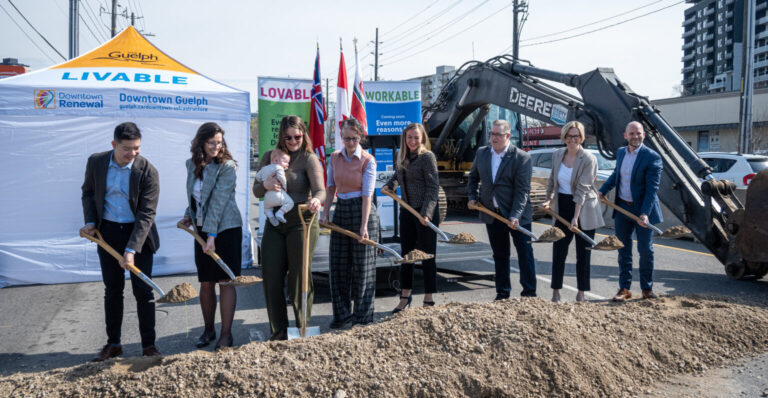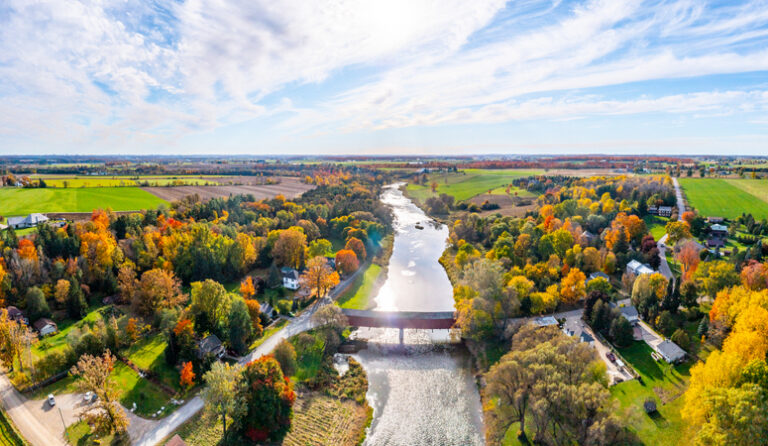The governments of Canada and British Columbia have finalized an agreement under the Canada Housing Infrastructure Fund (CHIF).
The agreement provides $250 million in federal funding over five years for phase one of the Iona Island Wastewater Treatment Plant project to enable more homes and improve densification. The funding is an equal cost match of the Province’s contribution toward the project in 2023 and helps secure the funding required for phase one of the project. The funding will support the Metro Vancouver Regional District to improve the facility for the health and safety of the residents in Metro Vancouver and the surrounding coastal waters.
In reaching this agreement, the governments of Canada and British Columbia negotiated terms that better support communities across the province. These terms are designed to pave the way for the construction of more homes for people, as well as support infrastructure investments to address the growing population of the province.
The terms include actions to reduce upfront costs for homebuilders that assist in paying for essential infrastructure. The Province is intending to change the installment payment timing of development cost charges (DCCs) that will give homebuilders more time to pay. It will in turn make life more affordable and help build more homes, faster.
Thanks to this ambitious partnership, the Province is also working on extending the existing in-stream protection for housing projects that are subject to Metro Vancouver’s DCCs. These measures provide homebuilders with greater certainty and reduce financial pressures by lowering project costs, which keeps homes more affordable for people.
“With 40% of the region’s wastewater treated by the plant, and with growing communities, the need for increased capacity is clear. These upgrades will not only meet the demands of a growing population but also improve water quality, enhance environmental sustainability, and support long-term, resilient infrastructure for future generations,” said Parm Bains, Member of Parliament for Steveston-Richmond East.
The Province is also considering providing an avenue for local governments to waive DCCs for non-market homes within market housing projects, which could encourage the development of more affordable housing. This change would apply province-wide, helping local governments secure additional affordable housing options in their communities, making housing more accessible for people. The Province will share more details when this work is finalized.
These measures are part of B.C.’s work to support growth in a balanced way to help more homes get built and address key infrastructure needs during uncertain financial times.
The remainder of the $590-million allocation to B.C. will be redirected to the direct delivery stream under the Canada Housing Infrastructure Fund.
“As communities across Metro Vancouver grow, critical infrastructure such as wastewater treatment ensures neighbourhoods remain livable, enhances quality of life, and supports sustainable growth. By investing in these systems, we are safeguarding public health and the environment while creating a foundation for continued development, increased housing supply, and resilient communities,” said Wilson Miao, Member of Parliament for Richmond Centre.









